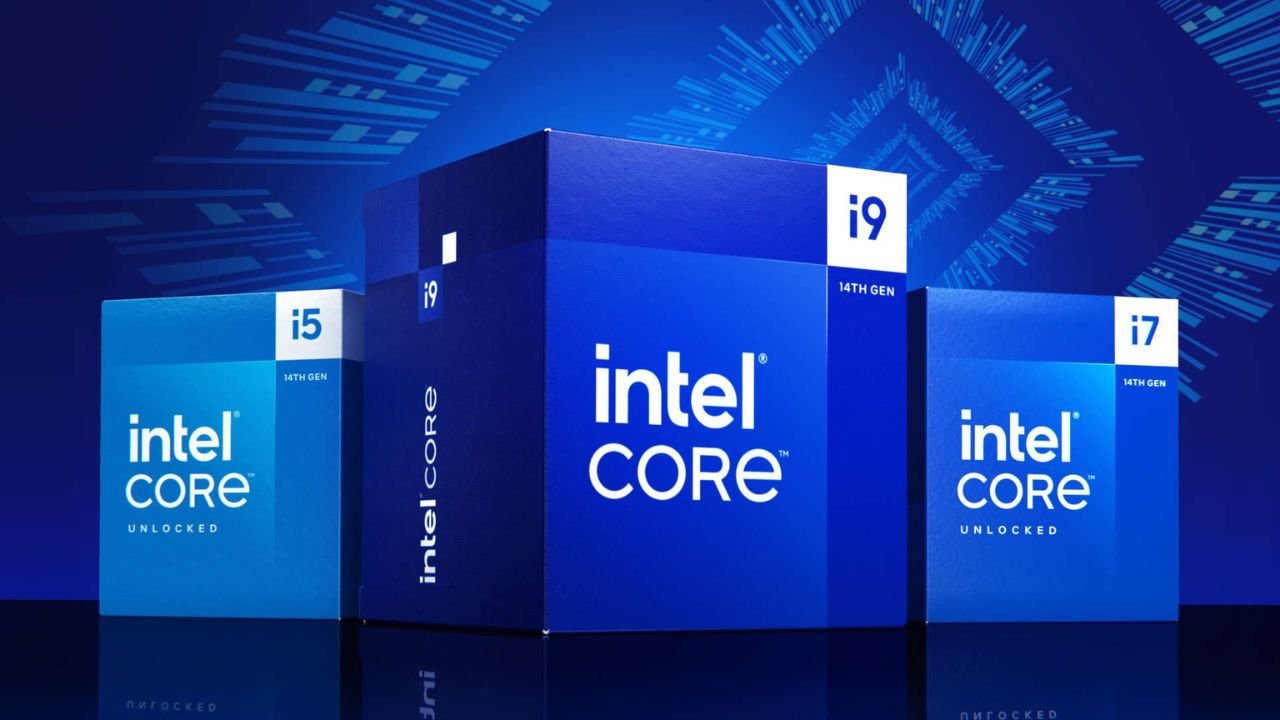14th gen Intel processors have garnered much hype but also received a lot of criticism, especially when being measured up against the Intel 13th generation series. Many people expected new processors to make a big jump in performance and efficiency, while in reality, it has been more iterative. Starting from a problem of minor performance gain to problematic stability, a wide question has emerged among consumers and tech enthusiasts about the actual value of this 14th generation.
Minor Performance Gains Over Intel 13th Gen
But the biggest concern is the minimal performance increase of 14th generation processors over the lineup provided by Intel 13th generation. So far, benchmarks have shown that new 14th generation chips—lower and high-end models, including but not limited to Core i9-14900K models—barely manage slight increases in clock speed and multi-core performance. In fact, for most users, the difference between 13th and 14th gen Intel CPUs is nearly negligible in everyday tasks such as gaming, rendering, and multitasking. This often yields a boost of only 3-5% in overall performance. To some who expected a major leap in computing power, this has come as a disappointment, considering the price tag for 14th gen Intel processors isn’t cheap.
Power Efficiency and Overheating Problems
One of the major reasons why Intel 13th generation processors were considered leaps and bounds ahead of any competition was because of the way they segmented power consumption with performance in gaming and high-performance tasks. In contrast, 14th-generation Intel chips introduced higher power demands, especially in high-end models such as the Core i9-14900K. Furthermore, this increased power consumption results in significant thermal issues, with users stating overheating even with advanced cooling solutions in place. This becomes even more critical on resource-intensive tasks, such as video rendering and high-settings gaming, which can raise the temperatures even beyond threshold limits. That is in comparison with the 13th Generation Intel chips, which, for heavy workloads, were more stable because of better thermal management.
Stability Issues and Crashes
Another significant weakness of the processors of the 14th gen Intel deals with stability. Quite a few consumers have faced completely unexpected crashes while gaming and running resource-intensive applications, especially with Unreal Engine. Such problems are reported for higher-class Core i9 chips, which struggle with thermal and voltage control. This has resulted in frequent underclocking recommendations by manufacturers in order to ensure system stability, further reducing the supposed performance benefits created by upgrading to the 14th generation. Although Intel has released microcode updates that iron out some of these stability concerns, such problems persist, with continued issues undermining chips’ reliability for high-performance tasks.
Complicated Upgrade Process
Apart from these, upgrades from the Intel 13th generation to the 14th gen Intel do not flow along the line of smoothness. The hybrid architecture of Intel, where performance cores are combined with efficient cores, is a hard thing for users to optimize. The second reason being that most upgrades available to the 14th generation require additional motherboard and BIOS updates, making it very complicated for casual users. This may turn off users who would have preferred an easy upgrade, hence making generation 14 not as attractive.
Conclusion
While the 14th gen Intel processors bring new features and slight improvements over Intel 13th generation processors, most of these upgrades have been incremental and cannot justify the increased cost to the majority of users. Increased consumption, overheating, and stability issues further devalue the 14th generation from justifications of investment for many users. With Intel at a juncture where AMD has been churning out very fierce competition, such issues will certainly have to be addressed either with updates in the near future or face being left behind. For those looking to upgrade, the already-released Intel 13th generation might be a more dependable and budget-friendly option.
